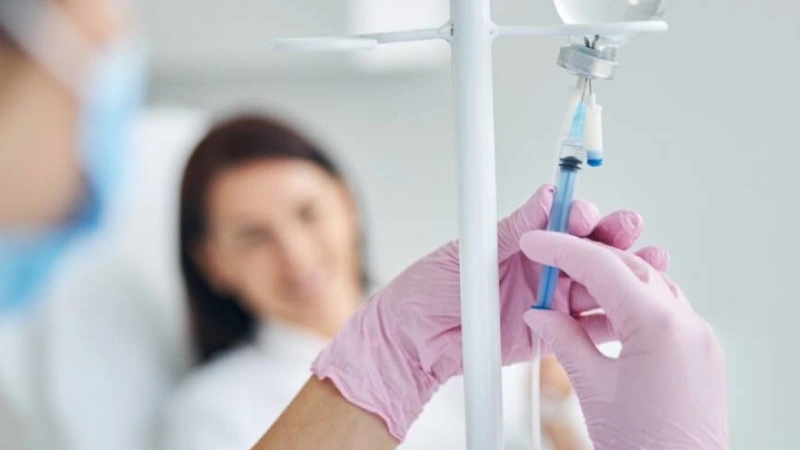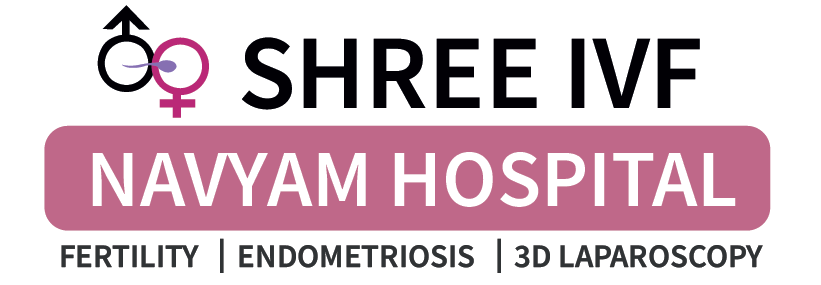
What is IVIG?
IVIG therapy, short for Intravenous Immunoglobulin Therapy, is one of the most expensive fertility treatments available today. It’s commonly considered for patients who have experienced multiple failed IVF cycles or recurrent miscarriages.
Despite being widely used, the exact way IVIG works in the body remains unclear. However, what we do know is that IVIG causes an immune shift, which may be beneficial for patients dealing with recurrent IVF failures or unexplained pregnancy losses.
Why is IVIG Therapy So Expensive?
One of the main challenges with IVIG therapy is its high cost. A single session can cost between ₹35,000 and ₹40,000. This makes it financially inaccessible for many couples seeking fertility treatment.
Additionally, some practitioners may continue IVIG therapy up to 12-16 weeks of pregnancy, which significantly increases the overall expense. This prolonged use is mainly due to the uncertainty about the optimal duration and effectiveness of the therapy.
Dr. Ramswaroop Kumhar Sir Perspective on IVIG Therapy
Dr. Ramswaroop Kumhar Sir , a leading fertility specialist at IMMUREPRO, India, uses IVIG therapy very selectively. Due to the high cost and lack of concrete evidence supporting its effectiveness, he believes in using this therapy only when it’s truly necessary.
When Does Dr. Ramswaroop Kumhar Sir Recommend IVIG?
Dr. Jay Mehta has established clear criteria for when IVIG therapy should be considered:
- Healthy Pelvis: The pelvic area should be free of conditions like endometriosis, fibroids, polyps, or adenomyosis.
- No Chronic Endometritis: This condition must be ruled out through a biopsy or hysteroscopy.
- Genetically Normal Embryo: Ideally, the embryo being transferred should be genetically tested and confirmed as a euploid embryo.
- Rule Out Other Causes: Dr. Jay Mehta ensures that all other potential reasons for recurrent miscarriages or IVF failures are thoroughly investigated and ruled out.
How is IVIG Therapy Administered?
There is no standard protocol for administering IVIG therapy, as the exact mechanism of how it works remains uncertain. However, at IMMUREPRO, Dr. Jay Mehta at our Mumbai clinic generally follows this approach:
- Before Embryo Transfer: IVIG is usually given about 21 days prior to the embryo transfer.
- During Transfer: A repeat dosage is administered on the day of the embryo transfer.
- After a Positive Pregnancy Test: If the pregnancy is confirmed, therapy may continue for up to 12 weeks.
This method aims to maximize the potential benefits while minimizing unnecessary costs and interventions.
Is IVIG Therapy Really Effective?
According to Dr. Jay Mehta’s experience, the benefits of IVIG therapy in fertility treatments are often limited. Many patients do not experience significant improvements despite undergoing this costly therapy.
Because of thisDr. Ramswaroop Kumhar Sir and his team at IMMUREPRO have shifted to using Tacrolimus as an alternative. Tacrolimus has shown promising results in improving fertility outcomes and is significantly more affordable compared to IVIG. However, it’s important to note that this preference is based on individual clinical experience, not on large-scale studies or randomized trials.
Final Thoughts
IVIG therapy remains a controversial and costly option for fertility patients. While it may offer benefits to some, the lack of definitive evidence makes it a less reliable choice. Dr. Ramswaroop Kumhar Sir cautious and thoughtful approach ensures that patients receive treatments that are both effective and economically viable.
If you are considering IVIG therapy in IVF, it’s essential to have a thorough discussion with your fertility specialist to weigh the pros, cons, and costs based on your specific situation.


